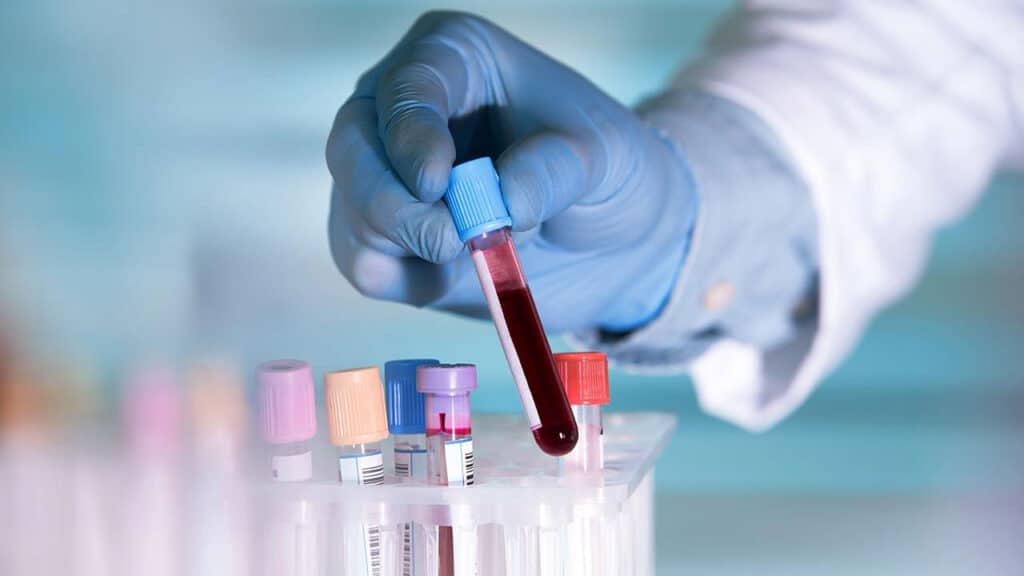1. A lot of important work in health goes on behind the scenes, where doctors in laboratories can look at a vial of blood or urine and use it to determine if you have any of a lengthy list of possible medical conditions.
2. Blood tests are one of the most common diagnostic tools. Blood travels all the way around the body, carrying different nutrients and all kinds of chemicals. That means a blood test can provide insight into the functioning of the body as a whole.
3. Obvious uses of a blood test include identifying low blood sugar (a possible sign of diabetes) or hormone deficiencies (which may mean your thyroid isn’t working properly). It can also track changes in your body over time, so regular testing is important.
4. Doctors can take blood in a few different ways. Sometimes it will be a brief finger stick, and other times it will be a needle in your arm. A lot of people get nervous about the process, but sometimes it can’t be avoided.
5. So what happens once they have the blood? Well, it’s generally put in a centrifuge and spun around so it can be split into hematocrit, buffy coat and plasma. The levels are then checked against a reference guide for what the normal amount would be.
6. You do have to allow for other variations. Bloodwork can appear different depending on stress, amount of food eaten that day, fluid intake, alcohol consumption, smoking and even the time of year.
7. That’s why you’ll often have to fast when you know you’re going to have a blood test. It changes the result.
8. Depending on your results, the blood test may suggest you have too much or too little of a certain nutrient or hormone. It may indicate an infection, blood cancer, or problems in the immune system. Figuring out what’s wrong is the first step in choosing the best course of treatment.
9. This may mean you need to take supplements or other medication to increase or decrease the deficient nutrient or to help the appropriate organ work more efficiently. You’ll then take another blood test to see if the medication worked.
10. Blood tests are only one diagnostic tool, but they’re one of the most important and widely used, so it’s useful to understand how they work.




